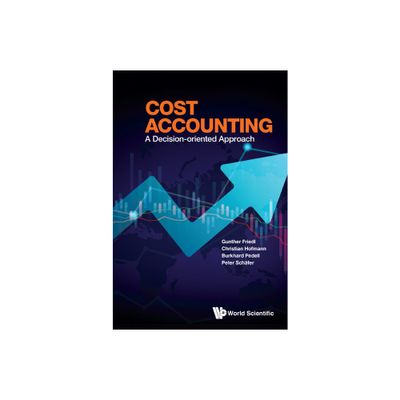Home
Entrepreneurship: A Tools-oriented Approach
Loading Inventory...
Barnes and Noble
Entrepreneurship: A Tools-oriented Approach
Current price: $69.00


Barnes and Noble
Entrepreneurship: A Tools-oriented Approach
Current price: $69.00
Loading Inventory...
Size: OS
*Product Information may vary - to confirm product availability, pricing, and additional information please contact Barnes and Noble
This book intends to familiarize readers with basic tools required for entrepreneurship in relatively complex businesses. That is, businesses that involve intellectual property issues or fundraising in multiple rounds.
We describe terminology used by entrepreneurs, lawyers and investors when forming and financing a new company. Sample questions addressed are:
Where do ideas come from? How do you know if you have a good one?
What are key risks and how do you mitigate them?
What are common misconceptions entrepreneurs have?
What is the fundraising process? Why do investors say "no"?
What does a Series A term sheet or convertible note look like? What are key provisions of each?
How do founders structure their duties and protect their interests?
How should entrepreneurs think about equity compensation of early employees?
When should the founder step aside to make way for new management?
How do entrepreneurs protect or acquire intellectual property?
What are the pros and cons of becoming an entrepreneur through acquiring an existing business or spinning off a business from an established company?
Are entrepreneurs born or made? Does it matter?
What can you learn from history?
Is learning entrepreneurship valuable even if you don't plan to start a company?
To summarize, this book is written for those that want to become familiar with terminology, legalese, computations and methods used by entrepreneurs, lawyers, advisers and investors when forming and financing a new company.
We describe terminology used by entrepreneurs, lawyers and investors when forming and financing a new company. Sample questions addressed are:
Where do ideas come from? How do you know if you have a good one?
What are key risks and how do you mitigate them?
What are common misconceptions entrepreneurs have?
What is the fundraising process? Why do investors say "no"?
What does a Series A term sheet or convertible note look like? What are key provisions of each?
How do founders structure their duties and protect their interests?
How should entrepreneurs think about equity compensation of early employees?
When should the founder step aside to make way for new management?
How do entrepreneurs protect or acquire intellectual property?
What are the pros and cons of becoming an entrepreneur through acquiring an existing business or spinning off a business from an established company?
Are entrepreneurs born or made? Does it matter?
What can you learn from history?
Is learning entrepreneurship valuable even if you don't plan to start a company?
To summarize, this book is written for those that want to become familiar with terminology, legalese, computations and methods used by entrepreneurs, lawyers, advisers and investors when forming and financing a new company.


















